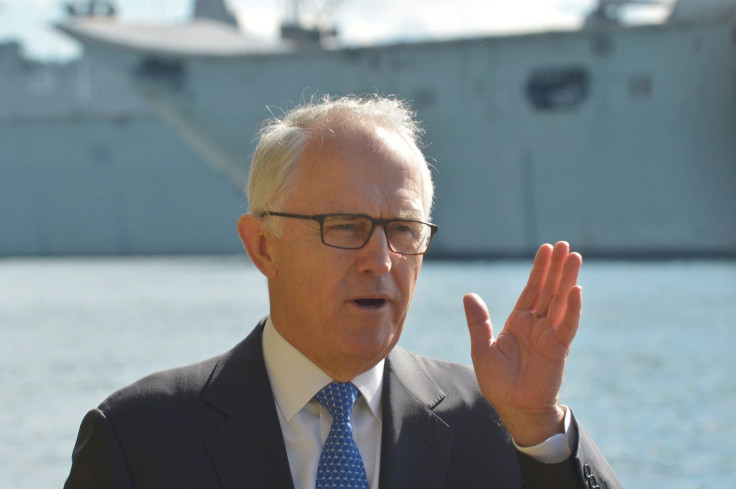Malcolm Turnbull puts political purposes over national security says Labor

Malcolm Turnbull is facing accusations from Labor that is convinced he puts his own political purposes above national security. The prime minister has been receiving these kinds of criticism after laying out his plans for a secret briefing for political parties to head off “Russian-style” cyber attacks.
The shadow attorney general, Mark Dreyfus, has reminded Turnbull through writing that national security issues have to be handled with complete discretion. He stressed that the matter should be “protected and not used for political advantage.”
“You have decided to take the exact opposite approach, no doubt looking for everything you can find to distract from your government’s dysfunction and disunity,” Dreyfus wrote. He said he is concerned that vulnerable issues, which include highlighting specific agencies, their functions and target areas, were directly publicised by the prime minister.
Dreyfus described Turnbull’s move as “irresponsible in the extreme.” He added that the country and its people have every right to expect that Turnbull will put national security on top of his own political agenda.
Labor has requested a briefing from the Department of Parliamentary Services on cybersecurity and integrity. The return of parliament is slated on Feb. 7.
Turnbull has earlier shared through the Australian newspaper that he plans to invite opposition parties to undisclosed classified briefings. He said such briefings are needed after evidence of Russian efforts to influence the elections in the United States.
It was revealed that Leader of the Opposition in the Parliament of Australia Bill Shorten, Labor’s national secretary Noah Carroll, the Liberal party federal director Tony Nutt, One Nation leader Pauline Hanson, Nick Xenophon and the Greens were invited for the secret briefing. Labor, the Greens and Xenophon has confirmed to Guardian Australia they had yet to receive the invite.
Meanwhile, the prime minister has stood for his approach. He believes that awareness is the only way to protect Australians against cyber vulnerability.






